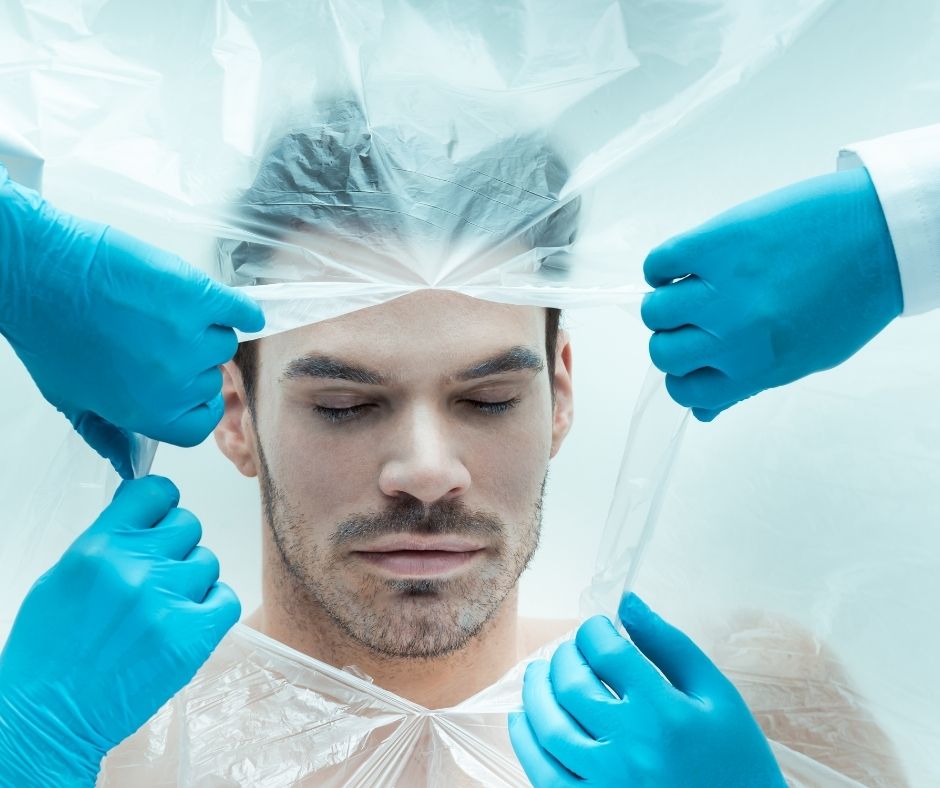What Do Cleaners Do to Clean a Dead Body?
The hardest part for a cleaner when attending to a dead body is the cleaning of the physical aspect of the individual’s passing. The clean-up process involves the elimination of blood, bodily fluid, biological materials, and other harmful items on the scene. Cleaners give such a scene the necessary standard cleaning with many phases using equipment recommended by the EPA and testing technology.
Cleaners are trained to use a multi-phase remediation process to care for a dead body. They protect themselves with EPA-approved equipment for their own safety and that of their customers and property. Cleaners use high-standard biohazard pieces of equipment which are fully satisfactory to both the cleaners and the customers. Cleaners are trained and specialized in cleaning, deodorization, and disinfection of homes and offices. Here are some little tips on what cleaners do to a dead body.
-
Prepare the unattended dead body
An unattended death clean-up is one of the hardest processes for a cleaner, both emotionally and mentally. An unattended death brings with it a difficult reality, especially when the person dies alone. The cleaners are there to give the family dependable and experienced cleaning services to console such painful events. The affected area is deodorized, disinfected, and cleaned back to a livable condition. A dead scene is usually contaminated with fluid and blood which can have contagious bloodborne pathogens such as HIV, hepatitis B, hepatitis C, and MRSA. Cleaners are there to clean and disinfect homes to help the family adjust to the loss and return to their homes.
-
Cleaning and disinfecting
Cleaners come to the scene with different bioremediation chemicals suitable for crime scenes and dead cleanup. They practice a standard cleaning process to remove, clean, and disinfect bodily fluid, blood, and other possible contagious diseases. These cleaners are properly trained, equipped, certified, and licensed due to the high risk of exposure associated with bloodborne pathogens.
-
Routine practice
Cleaners offer other services to prevent the client from contacting any harmful pathogens from the scene. A general or science-based practice is carried out by the cleaners on the affected area to fully prevent cross-contamination and remove biological materials. Subsequently, a test is carried out to confirm that the scene is completely free of pathogens and bacteria. Cleaners are diligent and thorough in their duty to safely guide the health of the family.
-
Immediate compassionate assistance
Cleaners also offer compassionate assistance to the family. Although not all biohazard companies offer such services. Proper disinfection, removal, and cleaning are required to prevent the spread of pathogens as well as a compassionate talk with the family.
When such a case occurs and a call is placed by the customer, the cleaning team immediately sends representatives to console the family and guide them through the remediation process. Afterward, a cleanup team is sent to assess the affected area as scheduled or agreed by the client.
Contact our office for all crime or trauma clean-up
More Advice:
What is Virucidal Disinfectant
Who Cleans Up After Dead Bodies
Who Pays for Crime Scene Cleanup
Biohazard Clean-Up – What is It and When Do I Need it

